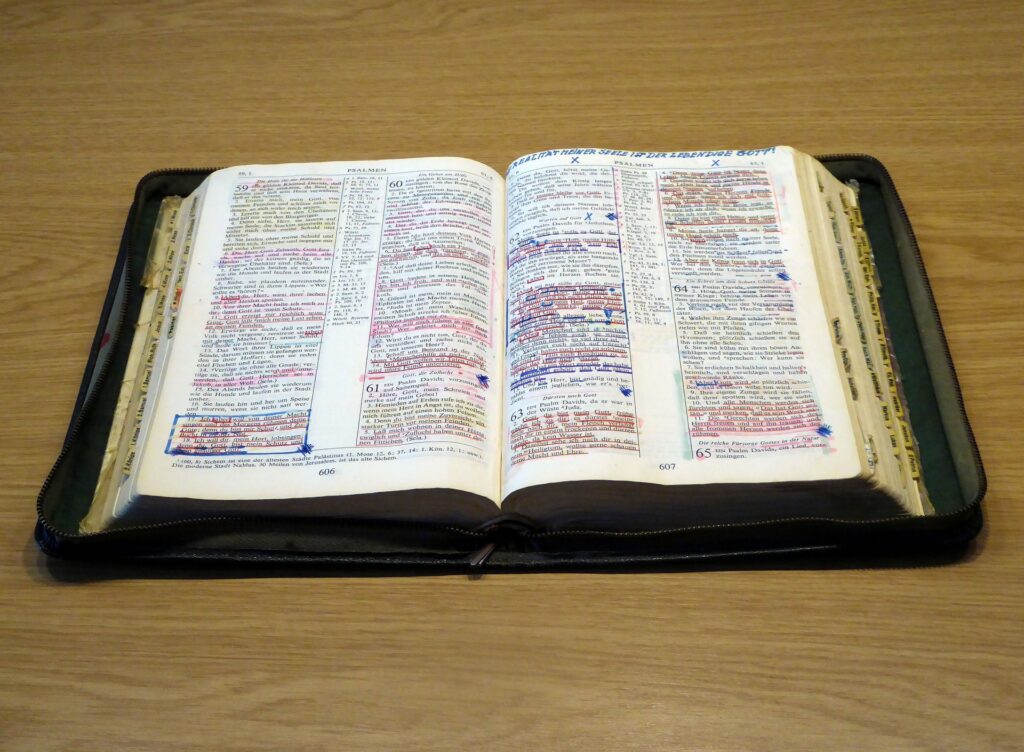
Qualifications for Elders (Titus 1:5-9)
Why would Paul have left Titus in Crete without clear instructions when he left him there? In other words, why is Paul writing to give instructions to Titus instead of giving them to him in person? Paul says that he directed Timothy to appoint elders in every town. Why would Paul, therefore, write to Titus and repeat his instructions?
How would appointing elders in every town be putting things in order?
Why would every town need elders?
Paul’s list of qualifications for elders is slightly different from the list in 1 Timothy 3:1-7. Paul’s emphasis seems to be different in the two books.
- Obviously, the situation is different.
- The culture of Ephesus and Crete would have been different and a different kind of man would have been called for.
- Paul refers to these men as overseers throughout 1 Timothy 3:1-7; he refers to them as elders (v 5) and overseers (v 7) in writing to Titus.
- “Overseer” would focus on this man’s work as a superintendent over the people of God.
- “Elder” would focus on this man’s wisdom gained through a lifetime of experience.
While the situations were different and Paul emphasizes different qualities in these men, God saw fit to give the modern church both list of qualifications. Therefore, both lists must be equally followed as the church goes about appointing men to the office of overseer/elder.
Paul, though at times with slightly different wording, mentions the following qualifications in both lists: above reproach, the husband of one wife, well-behaved children, not a drunkard, not violent, hospitable, self-controlled, and an apt teacher. What lessons might we be able to draw from the similarities in these two lists? What lessons might we be able to draw from the differences in these two lists?
Why should an elder’s children be believers? If the elder’s children aren’t believers, what might that say about him? If the elder’s children aren’t believers, what might that say to the church? If the elder’s children aren’t believers, what might that say to the outside world? Do you believe an elder’s grown children need to be believers? Why or why not? Why should the elder’s children not be open to the charge of debauchery or insubordination?
Why should an elder not be arrogant? Why is it important for Christians not to be arrogant? How can one go about keeping himself from becoming arrogant?
Why should an elder not be quick-tempered? Why is it important for Christians not to be quick-tempered? How can one go about keeping himself from becoming quick-tempered?
Why should an elder be a lover of good? What are some good things an elder should love? Why is it important for Christians to be lovers of good? How can one go about becoming a lover of good?
Why is it important than an elder be upright? Why is it important for Christians to be upright? How can one go about becoming upright?
Why is it important for an elder to hold firm to the trustworthy word as he has been taught? What if he had been taught poorly or improperly? What makes the word he has been taught trustworthy? Why is it important for Christians to hold firm to the trustworthy word as they have been taught? How can one go about holding firm to the trustworthy word he has been taught?
Why is it important for an elder to give instruction in sound doctrine? What is sound doctrine? How can one know what is sound doctrine and what is unsound doctrine?
Why is it important for an elder to rebuke those who contradict sound doctrine?





